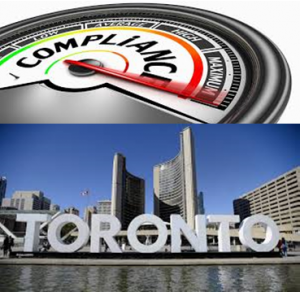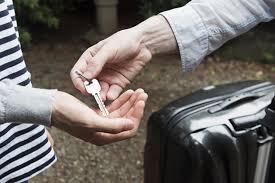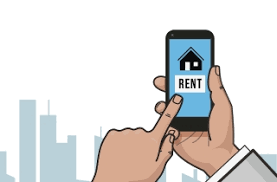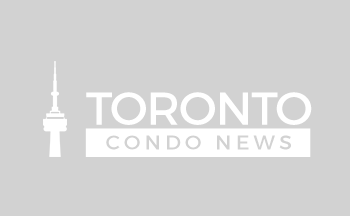 January 2020
January 2020
New regulations for Toronto’s short-term rentals are now in effect. Condo owners are reviewing their governing documents to understand how this legislation impacts on them. The bottom line is that all condo units bought to rent out by the night are now illegal. Estimates are that 5,000 units may become available for long-term rental.
Previously each condo community could establish their own approach to short-term rentals. Determining if short-term rentals were allowed in your building required a review of its declaration. This document may include a “single-family use” provision which courts have defined as excluding short-term rentals. Single-family use generally limits use to a single family of parents, their children and possibly other close relatives. Another phrase in the declaration prohibiting short-term rentals is “use for residential purposes” or similar wording.
Under the new regulations short-term rentals are only permitted in the principal residence of an owner or tenant, and only one principal residence is allowed for each owner or tenant. For many who have purchased a condo unit with the intent of renting it on a short-term basis, this is no longer allowed regardless of what appears in the condo declaration.
Regulations were approved by Toronto Council in January 2018 then delayed when appealed to the Local Planning Appeals Tribunal (LPAT), scheduled to be heard in August 2018 then delayed for a year. A hearing in August 2019 and ruling in November 2019 supported the City’s regulations.

Toronto’s short-term rental regulations
- Short-term rentals, less than 28 consecutive days, are permitted in the principal residence of an owner or tenant. Only one principal residence is allowed for each owner or tenant.
- Short-term rentals of an entire unit are limited to a maximum of 180 nights per year.
- Individuals offering short-term rentals are required to sign up with the City of Toronto’s short-term rental registry. There is an annual fee of $50. Each registered property will receive a registration number that must appear on short-term rental ads for the property.
- The short-term rental registry will include name, address, emergency contact, building type and other information pertaining to the short-term rental property. There is a requirement to update the registry with the number of nights per year the unit is rented for short-term stays.
- Short-term rental platforms such as Airbnb will require a license from the City of Toronto. There is an annual fee of $5,000 plus a $1 fee per night booked on that platform.
- A 4 percent Municipal Accommodation Tax (”MAT”) is charged by the City and applied to short-term rental companies and hosts.
Airbnb is the primary service used for offering short-term rentals. If reported information from other cities is an indication, an estimated 50 percent of short-term rental accommodation could disappear.
 Prior to enactment of these regulations, individuals looking to purchase a condo could determine if short-term rentals were allowed by reading the status certificate and asking the question prior to purchase. Moving forward Toronto regulations need to be considered.
Prior to enactment of these regulations, individuals looking to purchase a condo could determine if short-term rentals were allowed by reading the status certificate and asking the question prior to purchase. Moving forward Toronto regulations need to be considered.
If allowed in your building, short-term rentals must comply with Toronto’s short-term rental regulations. Additional insurance may be required consistent with how businesses generally operate. Condo buildings may continue to impose restrictions to mitigate increased security risk, added wear and tear on the building, and disruptions affecting neighbours.
Condo corporations wanting to change their declaration to allow or disallow short-term rentals may still do so with 80 percent support of unit owners. Declarations may not contravene Toronto regulations.








